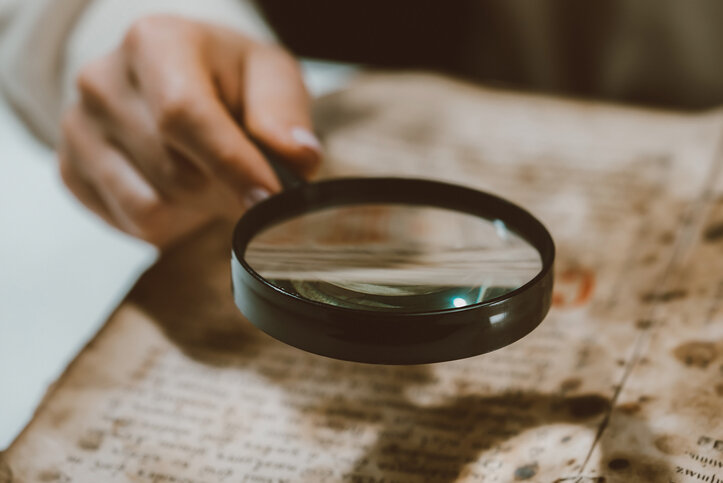Historical revisionism was born as a child of politics, but it can be helpful if its purpose is academic.
History is undoubtedly one of the most fascinating social sciences. It helps us understand what has happened in the past and how the occurrences have shaped the world we know. In previous articles, we have discussed the difference between history and historiography. The former is the collection and documentation of important events that comprise a shared past. Historiography is the study of how the documentation of history is performed.
Rather than telling us about a historical event such as the conquest of Mexico, the Industrial Revolution, or the first moon landing, historiography tells us how the people participating in the event recorded it. This discipline focuses on the analysis of history. It consists of a series of theories and techniques to study, understand, and interpret historical facts. The historian’s job is to take the puzzle pieces of the various sources telling an event or historical period and assemble them into a cohesive account.
Making sense of history is a process that can be done in various ways, so there are several schools of thought and currents regarding historiography. One trend that has gained popularity over the past decade has been historical revisionism.
Why look at the past with the eyes of the present?
As the name implies, historical revisionism consists of revisiting the sources of a historical record or period with a different perspective or new data that could alter how we see it. This way of revisiting history has both positive and negative aspects. Cases such as that of Rosalind Franklin, whose work was instrumental in discovering the DNA chain, would not have been known at the scale it did if there hadn’t been an intention to reexamine a story already told and solidified in the collective memory.
Other positive applications of historical revisionism are rescuing visions of ancient societies completely. For example, the Vikings were recently discovered to have been multi-ethnic, not exclusively Scandinavian, and having very progressive ideas about gender and sexuality.
The critical point about fathoming historical revisionism as something positive is when its purpose is to complete the information about some event or period or reveal hidden but true knowledge about it. The problem with this approach is that it is not always used for this purpose.
Denial and political revisionism
The origin of revisionism is political, having arisen to revisit history and look at Marxism with different eyes. However, one must take care when the purposes of revisiting history are political or ideological and involve proposing new ways to dimension a historical fact.
This academic trend has also been the basis for looking for ways to deny important historical events, such as the Jewish holocaust, Armenian genocide and even substantiate an interest in terraplanism (flat earth). The ideal of historical revisionism is to find the truth in a past occurrence, complete historical panoramas, and enrich the way we view the events that have shaped our current reality.
As long as the historiographic objective is to know and interpret history better, it can be a valuable epistemic tool. Although historians cannot be completely objective, they must study and investigate the past with an academic and educational commitment greater than any political affiliation and ideology.
Have you heard before about historical revisionism? What do you think of its role in how history is viewed today? Tell us in the comments.
This article from Observatory of the Institute for the Future of Education may be shared under the terms of the license CC BY-NC-SA 4.0 
)
)


)